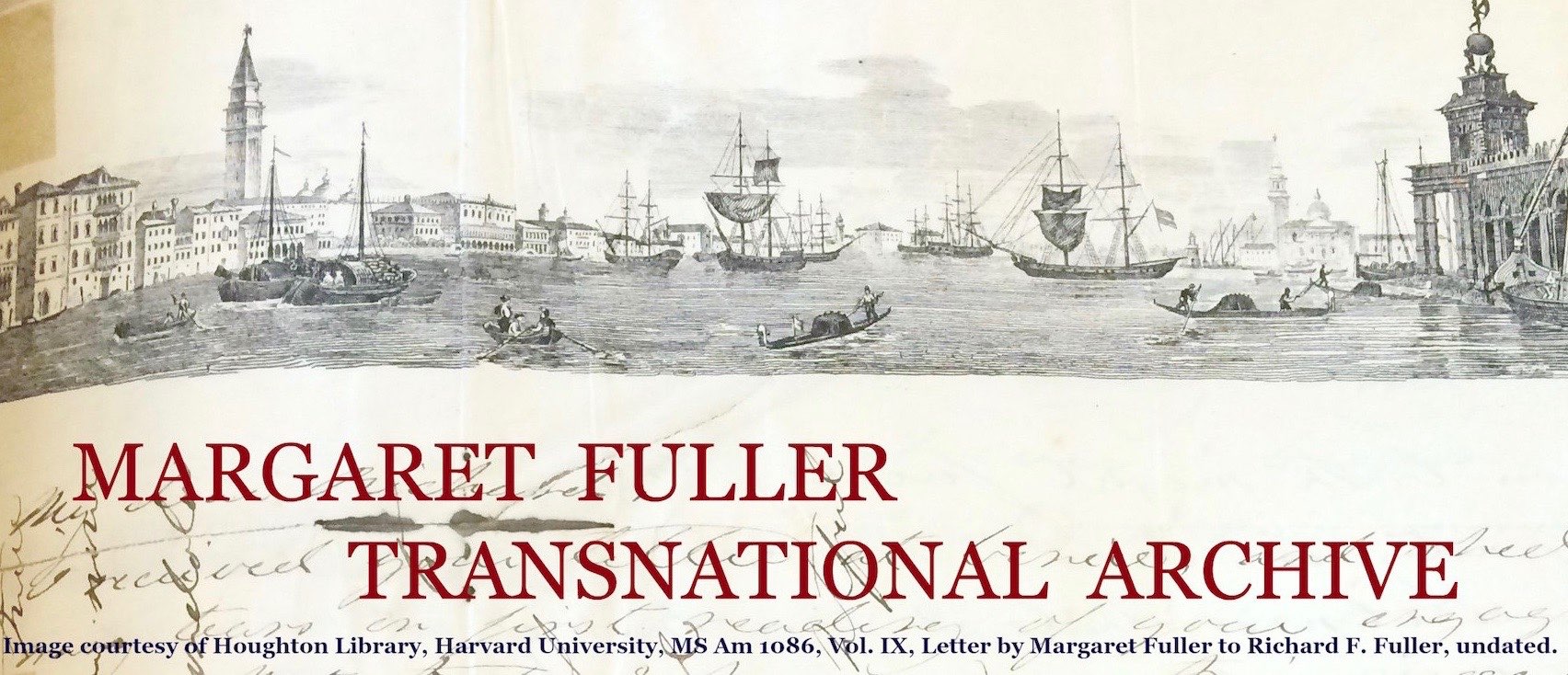Giuseppe Mazzini

Giuseppe Mazzini (1805-1872) is considered one of the patron saints of the Italian Risorgimento and during his lifetime, he ranked among the leading European intellectuals. Mazzini’s intelligence was evident from a young age; he entered the University of Genoa at age 14. Two years later, he witnessed a patriot fleeing from Italy after a failed insurrection, a moment that would later influence his political activism. In 1827, he graduated with a law degree and served as a lawyer for poorer classes. Mazzini eventually joined the Carbonari, a secret society that wanted to overthrow absolute rule in Italy. He was ultimately betrayed in 1830, kept in Savona for three months, and exiled to Marseillesin 1831.
While in Marseilles, Mazzini founded Young Italy, the first Italian democratic movement to embrace all classes of people. By 1833 there were roughly 60,000 members. Mazzini’s goals included the end of Austrian dominance, Italian unity, republicanism, democracy, and the liberation of oppressed peoples. Both Margaret Fuller and Cristina Belgiojoso initially supported Young Italy, though they later became disillusioned with Mazzini’s tactics.
Though Mazzini briefly served as part of the Roman Triumvirate in 1849, the revolutions he spawned ultimately failed. Though Italy eventually unified, Mazzini never accepted monarchical unity and continued to push for a democratic republic until his death.
